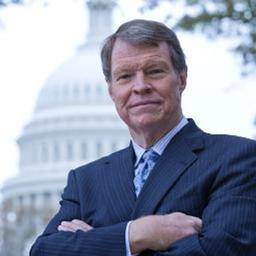The House of Representatives’ recent vote to end the 40-year-old ban on U.S. crude oil exports was a major step forward in countering Russia’s latest efforts to use energy as a power-grabbing tool.
Analysts seem to have overlooked an important result of Russia’s decision to prop up Syrian President Bashar al-Assad: It lays the ground work for creating a petroleum-exporting block, which could be used as leverage to promote a nefarious political agenda.
According to the International Energy Agency, while Saudi Arabia is the largest crude oil exporter, with an estimated 6.72 million barrels per day (mb/d), Russia comes in at a close second: an estimated 6.3 mb/d.
A Russian-led Middle East block is taking a shape that could fundamentally alter the region's politics and energy industry.



